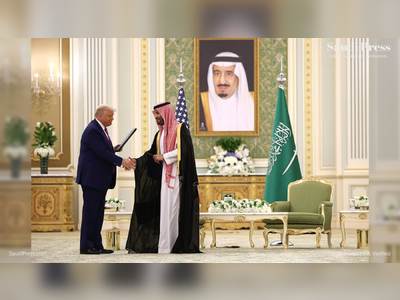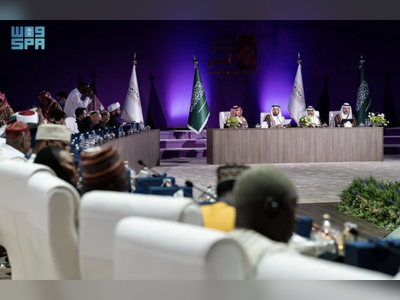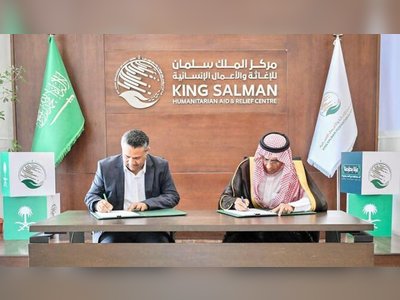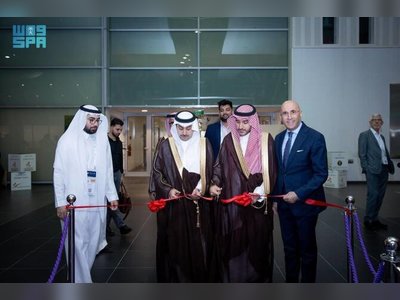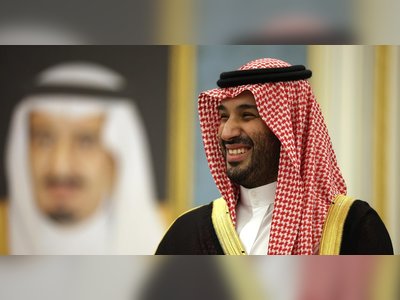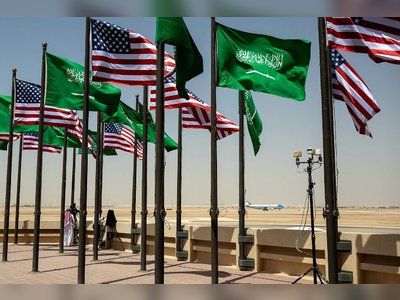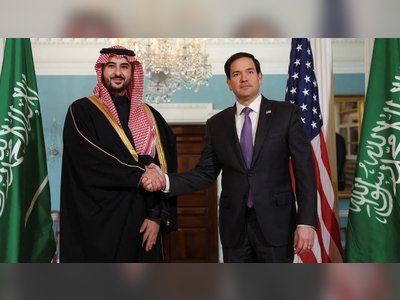
United States and Saudi Arabia Near Civil-Nuclear Technology Deal Amid Strategic Energy Shift
Washington and Riyadh proceed toward a Section 123 Agreement to support Saudi civilian nuclear capacity as part of broader energy cooperation
The United States and Saudi Arabia are advancing a landmark agreement to cooperate on civilian nuclear technology, seen as a key pillar of the kingdom’s efforts to diversify energy sources and accelerate its Vision 2030 reforms.
United States Energy Secretary Chris Wright told reporters in Riyadh in April 2025 that a memorandum of understanding on energy cooperation is imminent and that a so-called Section 123 Agreement under the United States Atomic Energy Act will be required for nuclear collaboration to proceed.
The proposed cooperation will focus on advanced reactors, fuel-cycle services and nuclear infrastructure development, with Saudi Arabia seeking to generate a significant portion of its electricity from nuclear power by the late 2030s.
The United States sees the deal as an opportunity to support a reliable partner and embed non-proliferation safeguards.
Central to the agreement is the hurdle of uranium enrichment and spent-fuel reprocessing rights, which Saudi Arabia has long viewed as essential to its civilian nuclear ambitions but which Washington has traditionally linked to strict limits and oversight.
Wright said the United States will not proceed without the Section 123 Agreement — which sets non-proliferation criteria for cooperation — and Riyadh has signalled its willingness to engage in those negotiations after years of delay.
Observers say the prospective deal underscores the deepening strategic partnership between the two countries under President Donald Trump’s administration, even as it raises questions about how civilian-nuclear expansion can be reconciled with regional non-proliferation goals.
The pact is being positioned as a flagship for U.S. leverage in the Gulf’s low-carbon transition and Saudi Arabia’s geopolitical repositioning.
Formal signatures have not yet been set, and the timetable suggests the agreement may be finalised within the coming months if remaining obligations are met.
For now, both capitals are treating the initiative as a litmus test for how civilian nuclear cooperation can be safely extended to countries with strategic ambitions and heightened global attention.
United States Energy Secretary Chris Wright told reporters in Riyadh in April 2025 that a memorandum of understanding on energy cooperation is imminent and that a so-called Section 123 Agreement under the United States Atomic Energy Act will be required for nuclear collaboration to proceed.
The proposed cooperation will focus on advanced reactors, fuel-cycle services and nuclear infrastructure development, with Saudi Arabia seeking to generate a significant portion of its electricity from nuclear power by the late 2030s.
The United States sees the deal as an opportunity to support a reliable partner and embed non-proliferation safeguards.
Central to the agreement is the hurdle of uranium enrichment and spent-fuel reprocessing rights, which Saudi Arabia has long viewed as essential to its civilian nuclear ambitions but which Washington has traditionally linked to strict limits and oversight.
Wright said the United States will not proceed without the Section 123 Agreement — which sets non-proliferation criteria for cooperation — and Riyadh has signalled its willingness to engage in those negotiations after years of delay.
Observers say the prospective deal underscores the deepening strategic partnership between the two countries under President Donald Trump’s administration, even as it raises questions about how civilian-nuclear expansion can be reconciled with regional non-proliferation goals.
The pact is being positioned as a flagship for U.S. leverage in the Gulf’s low-carbon transition and Saudi Arabia’s geopolitical repositioning.
Formal signatures have not yet been set, and the timetable suggests the agreement may be finalised within the coming months if remaining obligations are met.
For now, both capitals are treating the initiative as a litmus test for how civilian nuclear cooperation can be safely extended to countries with strategic ambitions and heightened global attention.

